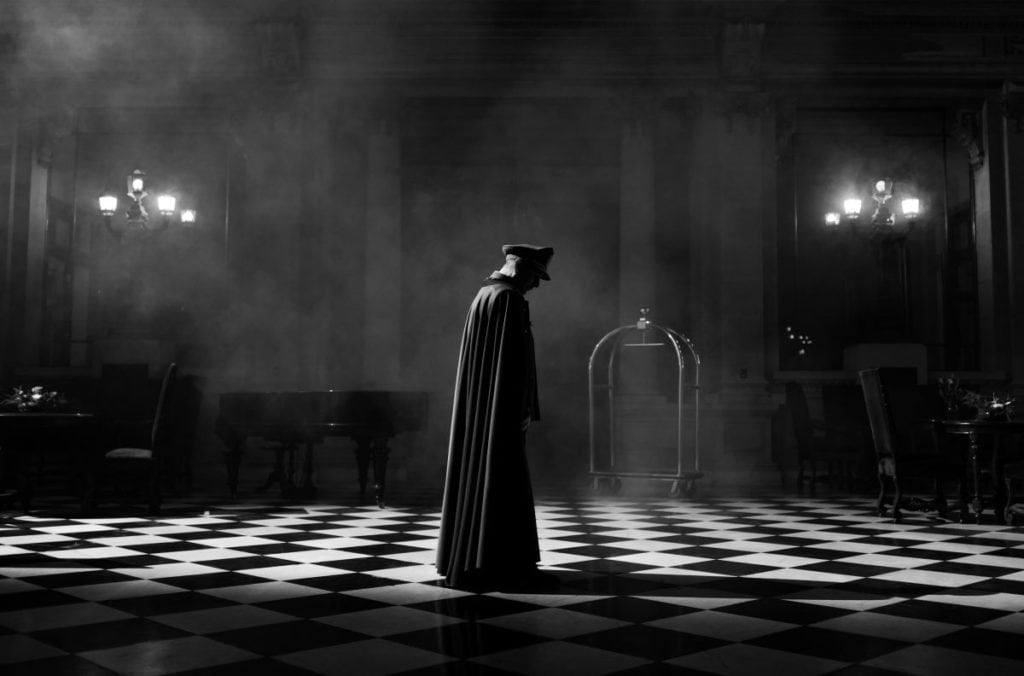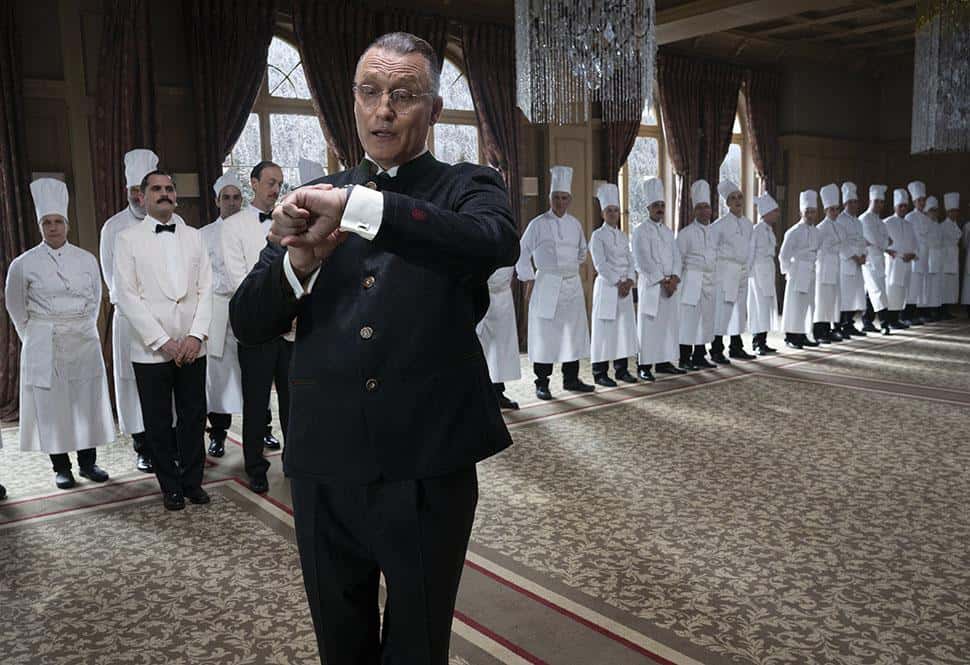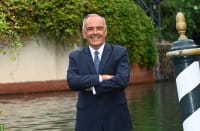Tomorrow, the 80th edition of the Venice Film Festival begins under Alberto Barbera’s leadership. What’s new this year is that the festival will enjoy endure a disapproving presence for the first time in the festival’s history. For some unknown reason (for me, at least), the festival is also referred to as La Biennale, even though it occurs annually. The festival is impacted by the actors and writers’ strike in the US. The opening film was supposed to be Challengers by Luca Guadagnino, but it was replaced once it was obvious that no actor from the film would be able to attend. Instead, the festival will open with Comandante by Edoardo de Angelis, which is competing for the Golden Lion.
As always, at big festivals nowadays, the competition consists of commercial fare, with rare occurrences of arthouse films. Five American directors will present their new films. The most interesting among them is Michael Mann with Ferrari, starring Adam Driver. The inclusion of six Italian films may not be all that shocking. A bigger surprise is the inclusion of two Polish films. Green Border by Agnieszka Holland and Woman Of by Małgorzata Szumowska and Michał Englert. The former concerns the manufactured border crisis between Belarus and Poland, whereas Szumowska’s film spans 45 years in the life of a trans woman.

The most interesting entries seem to be Ryusuke Hamaguchi’s Evil Does Not Exist, Pablo Larrain’s El Conde, and Bertrand Bonello’s The Beast, with Léa Seydoux in one of the main parts. Timm Kröger’s Die Theorie von Allem also seems highly promising. Kröger might be mainly known as the cinematographer of Sandra Wollner’s films, among them the brilliant The Trouble With Being Born (2020). Otherwise, the competition doesn’t seem very compelling.
Some films are screened Out of Competition. Here, we find Roman Polanski with The Palace, co-written with Jerzy Skolimowski. It’s set at a New Year party awaiting the year 2000 and is said to be a satirical comedy. Maybe the Y2K scare will play a part. Among the cast, one finds John Cleese and Fanny Ardant. Woody Allen’s Coup de Chance, which was rejected by Cannes for nebulous reasons, will be screened in the same section. Shot in France, and in French, Allen’s fiftieth film is a love triangle drama. The section also houses Liliana Cavani with her film L’ordine el tempo. At the age of 90, she will also be a guest of honour at the festival.

Other names that can be found in the section are Wes Anderson (with a short), Harmony Korine, and William Friedkin. My biggest hope for approval rests with Quentin Dupieux and his Daaaaaali!, The storyline concerns a young French journalist who meets Salvador Dalí repeatedly for a documentary film project that never gets to start shooting.
Orizzonti is the name of the main side section. This year’s main attraction is Gábor Reisz’s eagerly awaited third film, Explanation for Everything (Magyarázat mindenre). The wordplay of the title gets lost in translation. The film depicts a polarised society through the story of high school student Abel. The Swedish Paradise is Burning by first-time director Mika Gustafson revolves around three sisters who live without their parents. When social services call, they have to find someone to impersonate their mother. There are yet other films in the section that I will delve into later.
The Venice Classics offers a number of recently restored films. Among the highlights, one can mention Days of Heaven by Terrence Mallick, King & Country by the criminally underrated Joseph Losey, and a new director’s cut of one of Arturo Ripstein’s best films, Profundo Carmesi. Talking about underrated, there will also be a screening of Agnés Vardás Les Créatures.
The Venice Film Festival begins on 30/8 and ends on 9/9 when the award ceremony will take place. The president of the jury is the guy who made Babylon. Stay tuned for reports and reviews. Those who prefer grades can follow my ratings on the Pełna Sala grid.
